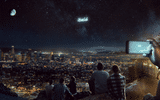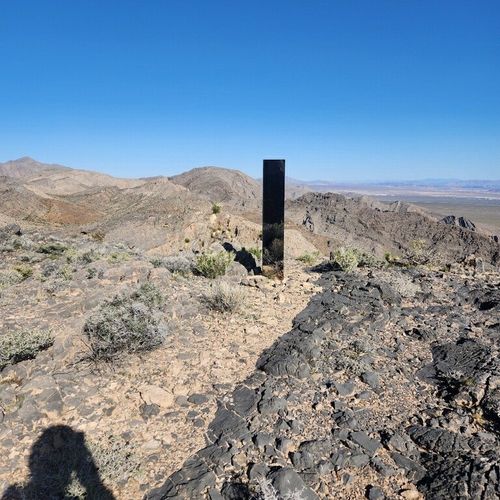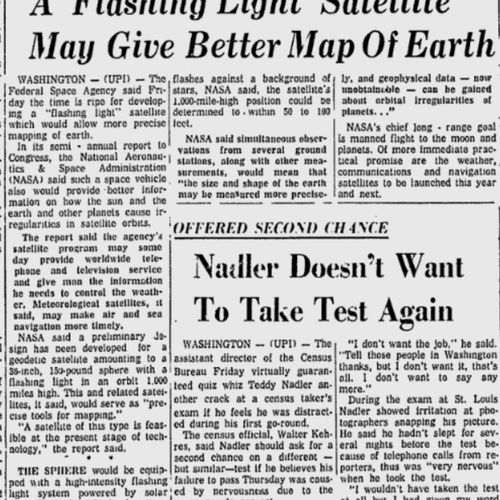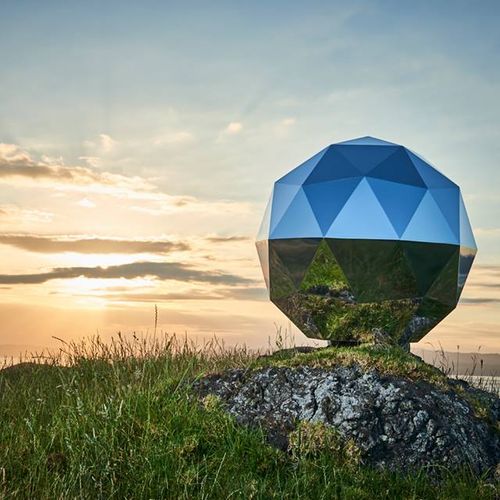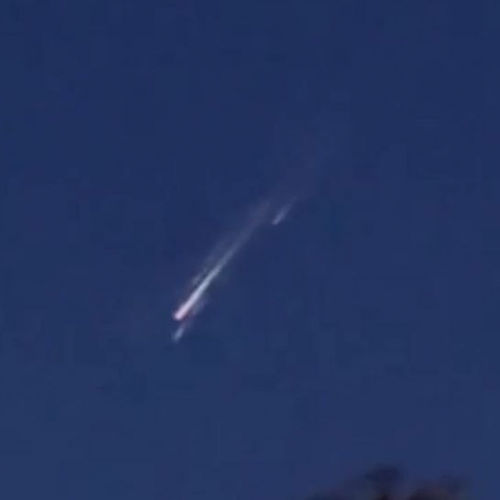
| Added | Wed, 23/01/2019 |
| Источники | |
| Дата публикации | Wed, 16/01/2019
|
| Версии |
According to the official website of the project, many tiny cubes will be placed in orbit at low altitude from the Ground (400-500 kilometers, which is equal to the distance of the ISS), to create a programmable display in the night sky. Each satellite will have a collapsible sail that can reflect the Sun's light into a single pixel. Because Cuba will depend on sunlight, images can appear only at dawn and dusk, and the area of "Billboard" will amount to 50 square kilometers.
According to project leader Vlad Sitnikov, the orbital display can be programmed to display logos for people all around the world with a six-minute intervals, about three or four times a day. The creators claim that "Billboard" can be used in various purposes: from advertising of products, discounts and special deals from brands to the emergency notification of persons in time of power outage in case of emergencies.
"We will be able to manage brands and events: the Superbowl, Coca-Cola, Brexit, the Olympics, "Mercedes", the FIFA Supreme and Mexican wall. The economy is the blood system of society, entertainment and advertising are at its core. Soon we will live in space, humanity will start to send back their culture, so professional and experienced pioneers of their craft will do better for everyone," — says Sitnikov.
However, judging by the reaction of the professional community, "better" is a matter of opinion. First of all, astronomers concern the increase in light pollution, which can cause the orbital display.
"This is a threat to conduct astronomical studies of the Earth. Each of these moving reflections of light in the night sky may prevent to collect photons from a space object", — said the employee of the nonprofit organization "international dark sky Association" John Barentin (John Barentine).
In addition, the project will increase the number of satellites in space, which in turn will increase the risk of collision. However, it should be noted that, although space debris is considered to be a significant problem, the orbital display will not have a significant impact. For the selected orbit altitude of the satellites will decrease through the year, so astronomers are hoping that they will harmlessly burn up when they return to Earth.
StartRocket is not the first project that is trying to send something unusual in earth orbit: earlier, China had proposed to build an artificial moon to replace street lights in the framework of the energy saving measures, and Japan wanted to launch multiple satellites to create an artificial meteor shower, so people don't have to wait for the present. However, none of these projects, including the orbital display, has not yet moved beyond intentions. System StartRocket is not tested yet (the creators are planning to do it this year, and start is appointed to January 2021), not funded and not coordinated with local and international laws.
Translated by «Yandex.Translator»
Новости со схожими версиями
Log in or register to post comments
